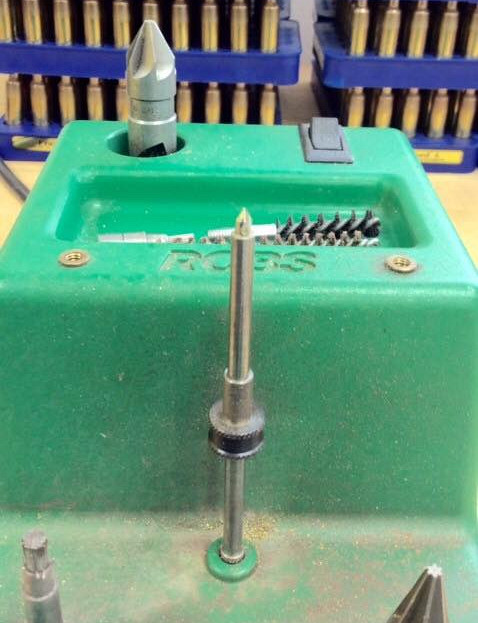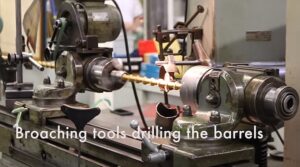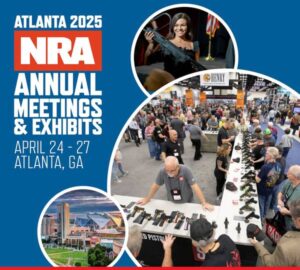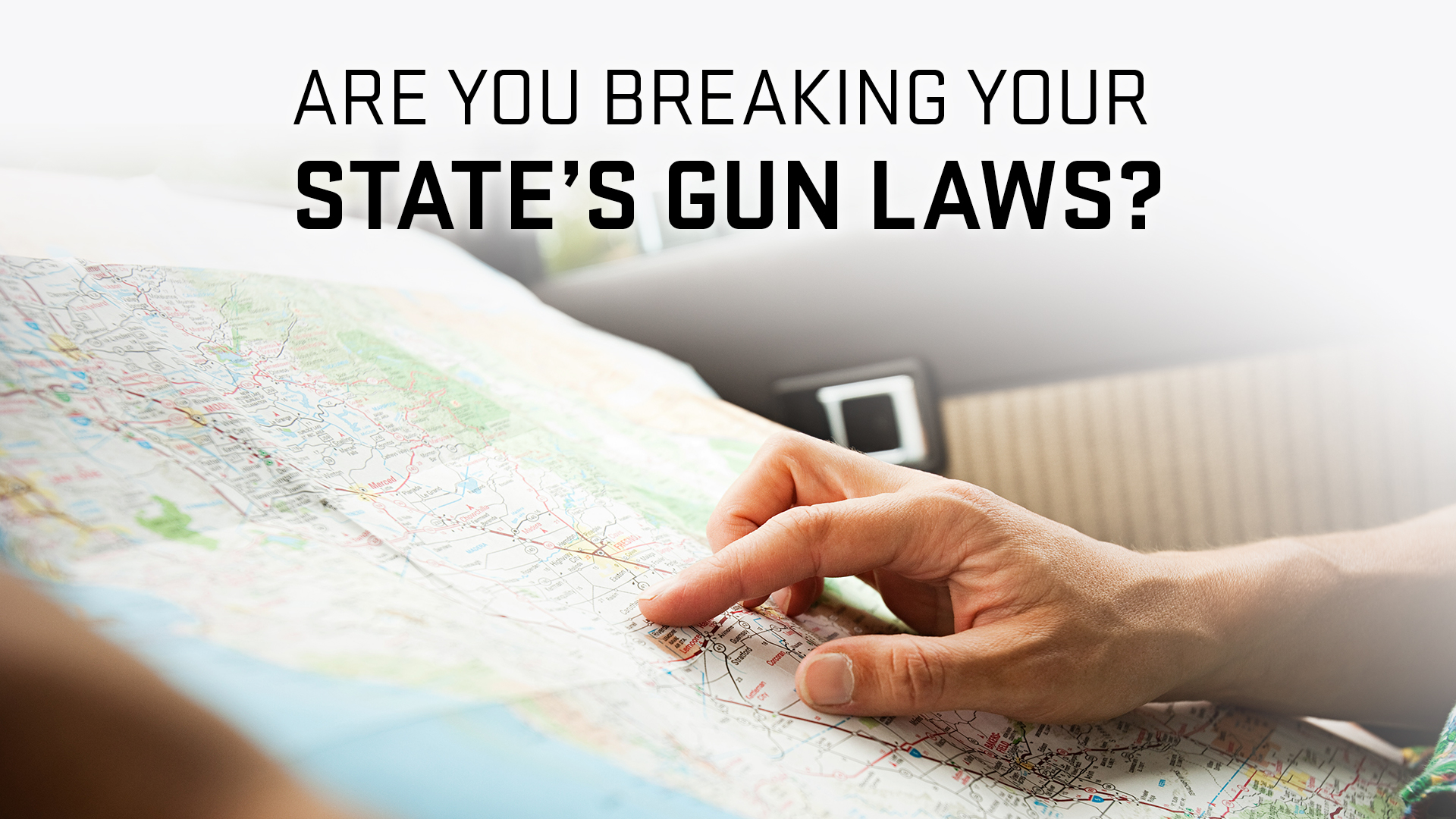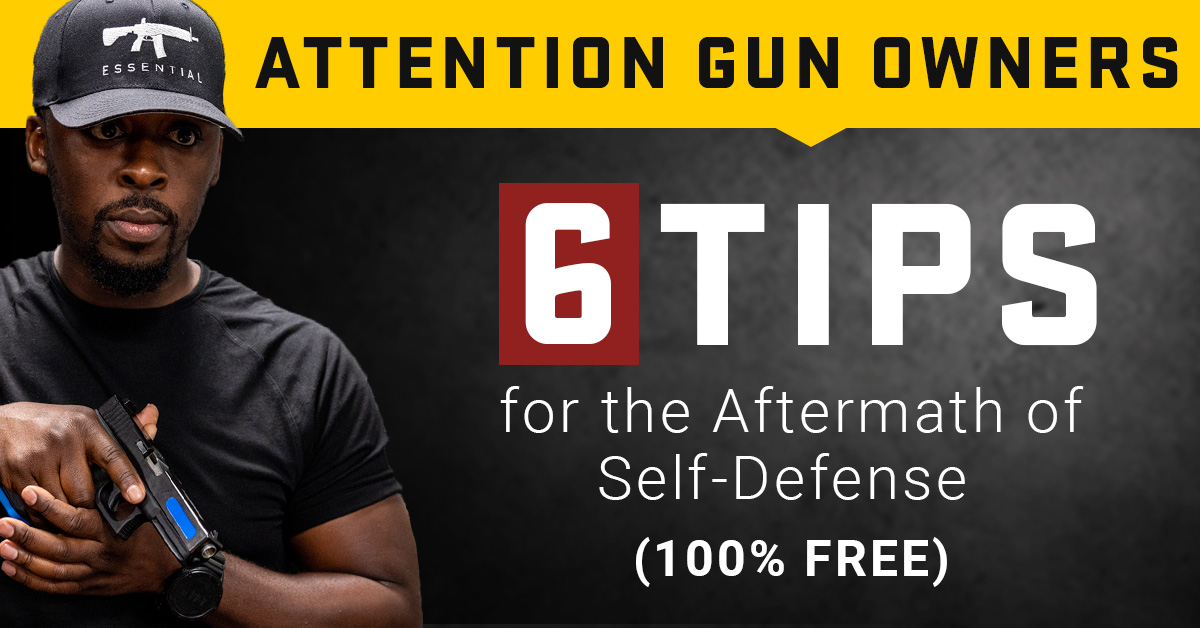August 2, 2022Case Prep – Primer Pocket and Flash Hole Conditioning
Case Prep Xpress photo courtesy Lyman Products. In the past, the U.S Army Marksmanship Unit published a series reloading “how to” articles on its USAMU page. One “Handloading Hump Day” article covered two basic case prep tasks — uniforming primer pockets, and deburring flash holes. For more tips, visit the USAMU Facebook Page. Primer Pocket & Flash-Hole ConditionThis week we will address a common question: “Do you uniform primer pocket and deburr flash holes?” We tailor our handloading methods to each case, and the answer is, unsurprisingly, “Sometimes!” You don’t have to change the dial yet. What determines our approach can be helpful in deciding how one should address their own techniques. Moreover, we have a buried “Easter Egg” morsel that may bring a chuckle, as well as useful safety information!Generally, the USAMU Handloading Shop does not uniform primer pockets (PP) or deburr flash holes (FH) of our rifle brass. It’s not something we oppose. This is due to the high volume of ammunition loaded, the fact that very few cases are ever used for a second firing, as well as the types of brass used. We do deburr flash holes when there is a need. We have also fired small, 1000-yard test groups using domestic brass. The primer pocket has been uniformed according to SAAMI specifications. The primer pocket has been uniformed to SAAMI specifications. You can see the shiny finish at its bottom. This is because the primer of your choice was pre-installed and staked in, as per our usual practice. This primed brass cannot be uniformed with either FHs nor PPs. After careful inspection, sorting and preparation, it can produce match-winning results. They will use the cases multiple times while uniforming one time. Handloaders tend to process less brass than our multi-thousand-round lots. This is because they have access to high quality Long Range (LR), brass. Many of the best brass manufacturers make their flash holes so there are no burrs. It is worth checking even these manufacturer’s products as slips are almost always possible. Rarely, the best makers will have significant burrs in, say, 1 to 1000 or 2000 cases. It’s worth looking for exceptions. Recently, we started processing large quantities of match brass from a top manufacturer. We were shocked to discover that all cases had significant burrs in the FH, something we’d never seen before from this manufacturer. We took out the FH deburring tool and got to work. It was difficult to verify the accuracy of these procedures, especially when firing from the shoulder or in adverse conditions. As individual rifle competitors, members of this staff often perform these operations on privately-owned LR rifle brass. This could be attributed to the High Power Rifle maxim, “If it helps, it helps.” “However, a World Champion, Olympic Gold/Silver Medalist, commented here on his handloading (for International competition), which requires very fine accuracy. He observed that he noticed a decrease in accuracy when he didn’t uniform FHs, deburr his FHs and clean primer pocket before each reloading. One might argue that only a World Class shooter can detect the difference. Our Champion remarked, however, that it could have been that he wasn’t shooting as well as he did that day. For those who choose to use these procedures, be aware that different tool models may have adjustable thickness-stops. Please read the instructions. For best results, some FH-deburring instruments (which enter the case mouth and not the primer pocket), require uniform case length.
Above is a flash hole deburring tool that’s part of an RCBS-powered case-prep unit. These case prep machines are able to save you a lot of time and effort, and allow you to perform different functions quickly and efficiently.
Similar Posts:Tags Case Prep, Deburring Flash Hole, Hump day, Lyman Xpress Primer Pockets, USAMU
